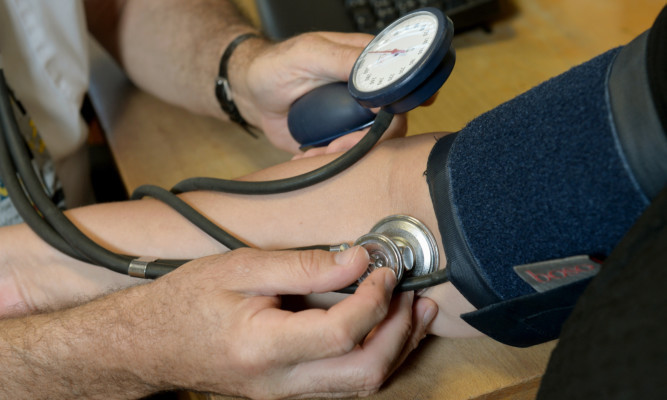Changes to GP services could see “more of a team approach adopted” as part of a £13 million drive to improve care in Scotland’s communities.
Health Secretary Shona Robison said the current system for family doctors is “no longer sustainable” and action is needed to “redesign the way care is provided in the community”.
The Scottish Government has committed £9.5 million of funding in 2016-17 for projects that will trial new ways of delivering healthcare in communities across the country.
A further £3.5 million will be spent improving support for mental health in GP and other primary care settings.
GP practices and health boards are being urged to bid for a share of the cash as part of Government efforts to transform patient care.
Ms Robison said: “As a Government, we are committed to supporting and developing local GP and primary care services. What is clear is that the existing model of delivering these services is no longer sustainable and we need to act now to redesign the way care is provided in the community.
“That means increasing the role that other health professionals play in delivering primary care – making it much more of a team approach and enabling GPs to focus on those patients specifically in need of their care.
“This fund will allow us to test and evaluate what works in individual communities, with a view to spreading out the most successful models of care across Scotland.”
The projects will be the latest to be funded from the Scottish Government’s £85 million three-year Primary Care Fund.
Ms Robison said: “It is vital that our NHS is properly equipped to give those who are suffering from a mental health condition access to support and treatment as quickly as possible.
“This Government has been investing substantially in mental health services for a number of years but we know that demand is increasing and so more needs to be done to ensure people can get timely access to the most appropriate support they require – both in and out of hours.
“Around 90% of mental health problems are treated in primary care settings. This project funding provides local health boards, working with their partners, with a real opportunity to think differently about how local services are organised and to develop new models of care.”
